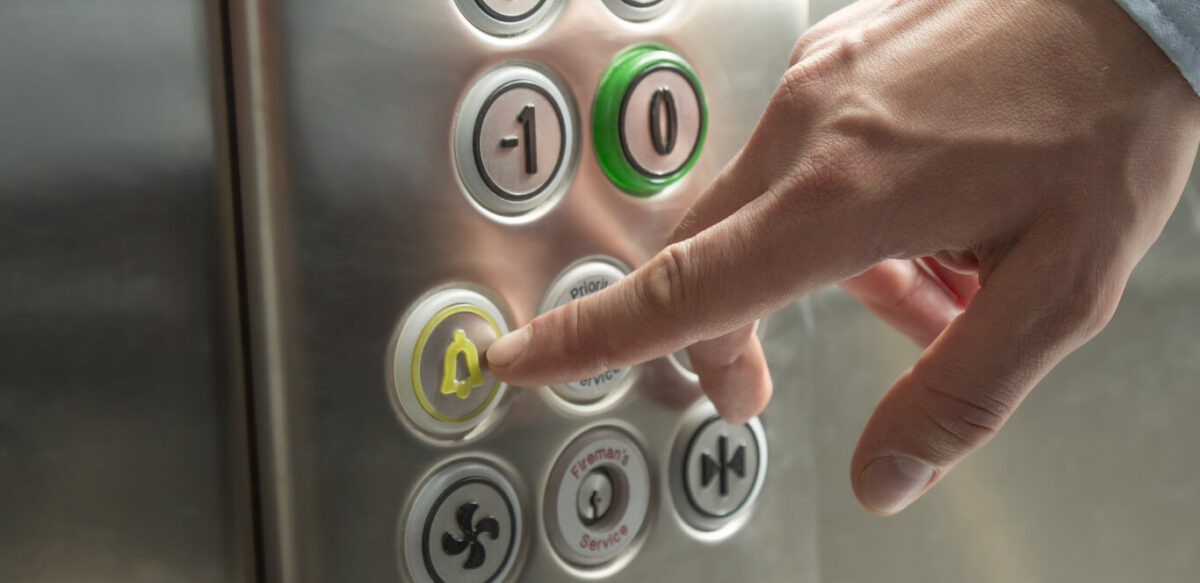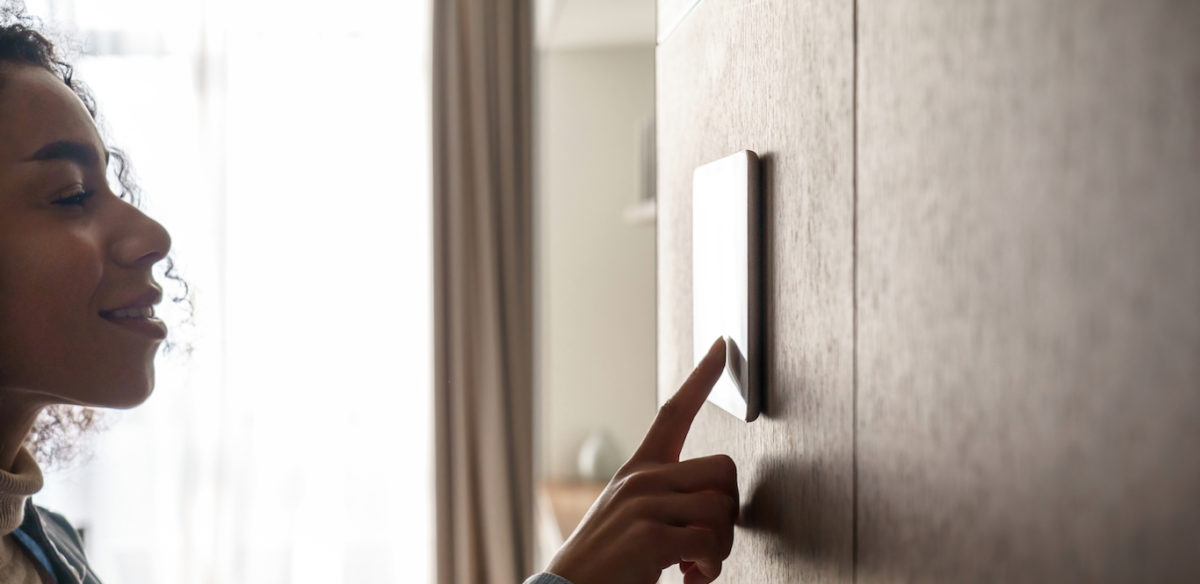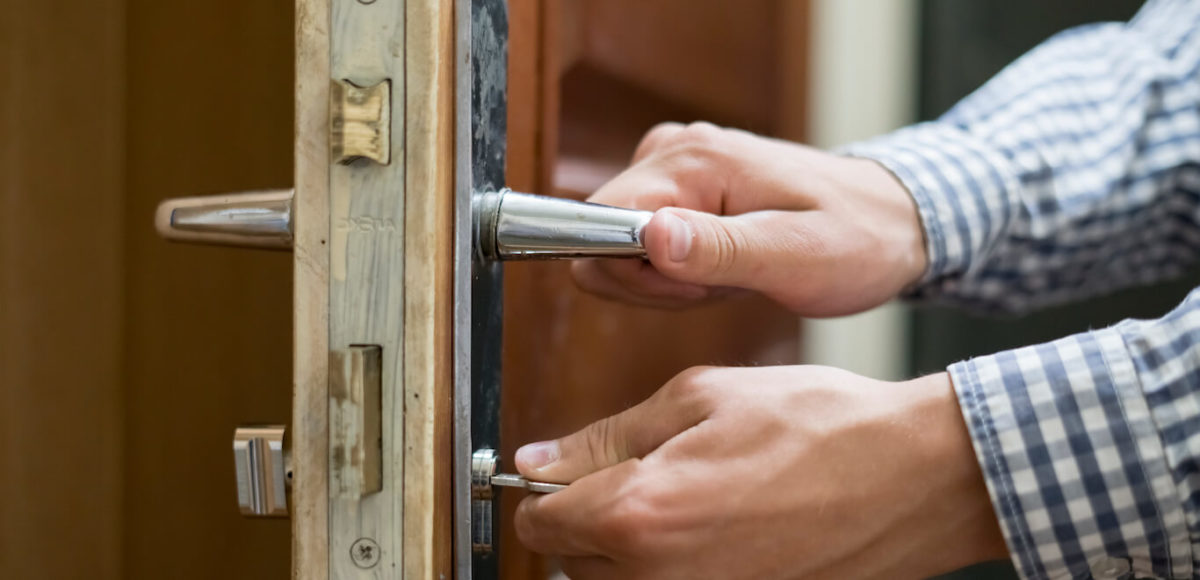Banking on your renters insurance to cover you in case anything happens to your apartment? Don’t! While you’ve probably given thought to what is covered under your renters insurance, it’s equally important to ask, “What does renters insurance not cover?” Learn which items are excluded from most renters insurance policies, so you can better protect your stuff and your wallet.
1. Losses from (certain) natural disasters
Oddly enough, renters insurance covers some natural disasters, but not others—so it’s essential you consider which ones you’re at risk for in your area.
Generally, renters insurance won’t cover flooding, earthquakes, or sinkholes, so if you’re in an area that’s susceptible to any of those things, it’s advisable to look into getting separate coverage for that. On the other hand, renters insurance does typically cover tornados, wildfires, and volcanic eruptions, but it’s always best to double-check with your provider if you live in an area that’s prone to these weather events.
2. Pricier items
It’s important to scope out the details on your policy when it comes to your most expensive belongings since many insurers will cap their coverage to a specific price point per item. For example, electronic items valued over $2,500 and jewelry over $1,500 are typically excluded from renters insurance plans. If you’ve got expensive possessions in your rental unit, it’s wise to purchase additional coverage.
3. Things you (or your pet!) accidentally break or ruin
Just because your renters insurance covers something doesn’t mean that they’ll replace it in any scenario. Let’s say you have a nice rug in your living room. If a thief breaks in and steals it, it’s covered. If it gets destroyed in a fire, it’s (generally) covered. If your pet pees on it or you drop a plate of spaghetti, it’s not covered. In other words, being careful and tidy is your responsibility!
4. Items you haven’t correctly documented
Getting your insurance to cover specific items without a proof of ownership or proof of value can be difficult. For example, if your bike gets stolen out of your apartment balcony, but you have no way of proving you owned that bike in the first place—your insurer might be apprehensive about replacing it!
When your property has been damaged or stolen, the last thing you want to spend your time doing is fighting with your insurance company. To avoid any potential issues, get into the habit of saving your receipts, and photographing your items. If anything winds up happening, the more documentation you have, the better.
5. Belongings damaged by pests
Finding out you’re sharing your space with mice, termites, or other creepy-crawlies is bad enough! But what’s worse is discovering that your renters insurance doesn’t protect you from the liability of pest-related damage.
In the case of pests, the best thing you can do is to take proper precautions against any sort of infestation, like keeping your kitchen clean, throwing away clutter, and sealing potential entry points.
6. Your roommate’s stuff
Unless your roommate is your legal relative or spouse, your renters insurance policy will not cover them if something happens. It’s crucial that if you’re living with roommates, you advise them to invest in their own coverage. Otherwise, if they find themselves in a pickle, you’ll be forced to say, “I told you so.”
7. Your car
You scraped against a pole in your apartment complex’s parking garage, and now you’re left wondering, “Does renters insurance cover car damage?” Or maybe something even worse has happened, that’s left you questioning, “Does renters insurance cover car theft?”
Many renters have the false belief that if their car is damaged or stolen within the limits of their rental property, it’s covered by their renters insurance. Unfortunately, that’s not the case. While renters insurance covers your items inside your vehicle, it doesn’t cover your actual vehicle—that’s what comprehensive car insurance does!
Even though renters insurance isn’t legally required, it’s one of the smartest decisions a renter can make, according to Intuit’s Mint. However, it’s essential to understand what exactly applies, and which items will need additional coverage.
Does your renters insurance policy leave a dent in your wallet? Help your bank account recover by finding an apartment with cheaper rent.




